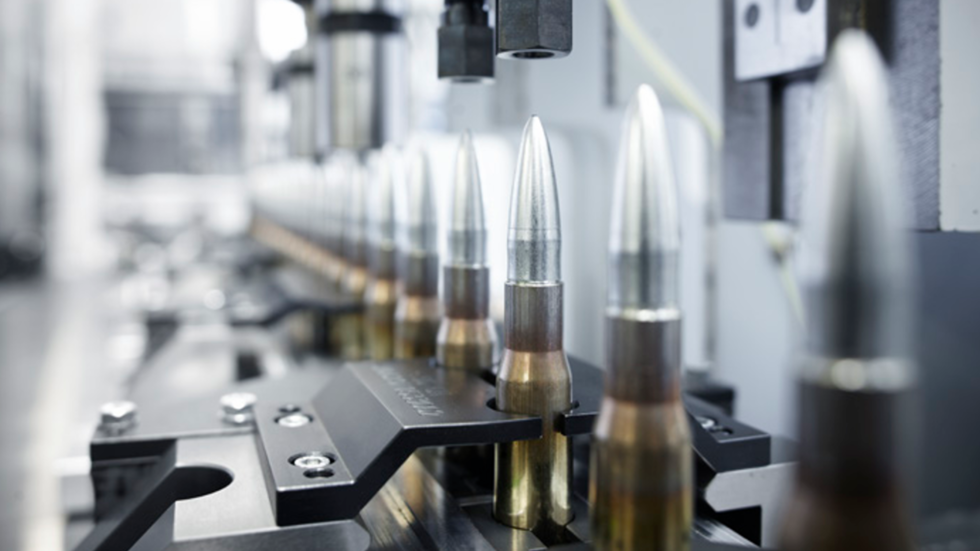In light of recent events surrounding arms exports, the Swiss government has implemented new regulations aimed at preventing the diversion of military equipment and ammunition to conflict zones. This initiative followed a scandal involving a Polish intermediary company that improperly diverted over half a million rounds of Swiss-made ammunition, primarily small-caliber rounds, to Ukraine. The incident emerged from a report last November by Defense One, a US-based news outlet, revealing that a significant quantity of armor-piercing rounds manufactured by SwissP Defence found its way to Ukraine via the Polish entity, UMO. The transfer of these weapons was in violation of Switzerland’s longstanding neutrality laws, prompting significant scrutiny and subsequent regulatory action.
To address these concerns, the Swiss authorities have introduced stringent measures requiring buyers to provide written guarantees confirming that purchased weapons will be used solely within their national borders. If there is a necessity for re-exporting the weapons, the new regulations stipulate that the agreement must clearly outline any third-party countries involved. The primary goal of these provisions is to tighten the control over arms exports and minimize the risks associated with unregulated diversions, thereby fostering a more transparent framework around the trade of military equipment.
Investigations conducted by the State Secretariat for Economic Affairs (SECO) revealed that there was a contractual agreement between SwissP Defence and UMO which aimed to limit the resale of ammunition strictly to Poland. However, the Polish company failed to uphold this commitment, resulting in major breaches of protocol and trust. In response, SECO imposed export restrictions on UMO, highlighting that the risk of the ammunition being diverted to Ukraine was now deemed excessively high. SwissP Defence maintains that it adheres to all relevant regulations, but has thus far refrained from disclosing specific details pertaining to its customer relationships or business practices.
Furthermore, UMO defended its position by asserting that their actions complied with local regulations, suggesting that Switzerland relinquished control over the goods once they were exported. Despite this, the Polish company publicly expressed its pride in contributing to Ukraine’s defense efforts, especially following the Swiss decision to blacklist it indefinitely from future exports. This situation illustrates the complexity and the intertwined nature of international arms trade, raising questions about the effectiveness of existing agreements and the ethical responsibilities of exporters in ensuring that their products do not contribute to ongoing conflicts.
Switzerland’s commitment to a neutral foreign policy is a cornerstone of its national identity and international standing. The country has maintained a strict enforcement regime when it comes to arms exports, prohibiting sales to nations involved in conflicts. This recent scandal poses significant challenges to that self-image, leading the Swiss government to re-evaluate and reinforce its regulations regarding military exports. Despite these difficulties, Switzerland continues to assert its neutrality while ascertaining compliance with EU sanctions directed against Russia and recently approving participation in NATO crisis-management exercises, actions that further complicate its position.
The development of these new regulations signals Switzerland’s determination to reinforce its arms export control mechanisms and uphold its neutral stance amidst a challenging geopolitical environment. As global tensions rise and conflicts proliferate, the interplay between national defense policies, international law, and responsible arms trading becomes increasingly critical. The Swiss government’s proactive measures reflect a growing recognition of the need for enhanced oversight and accountability within the arms trade, thereby attempting to safeguard both its national integrity and international commitments against the backdrop of modern-day challenges in military exports.

